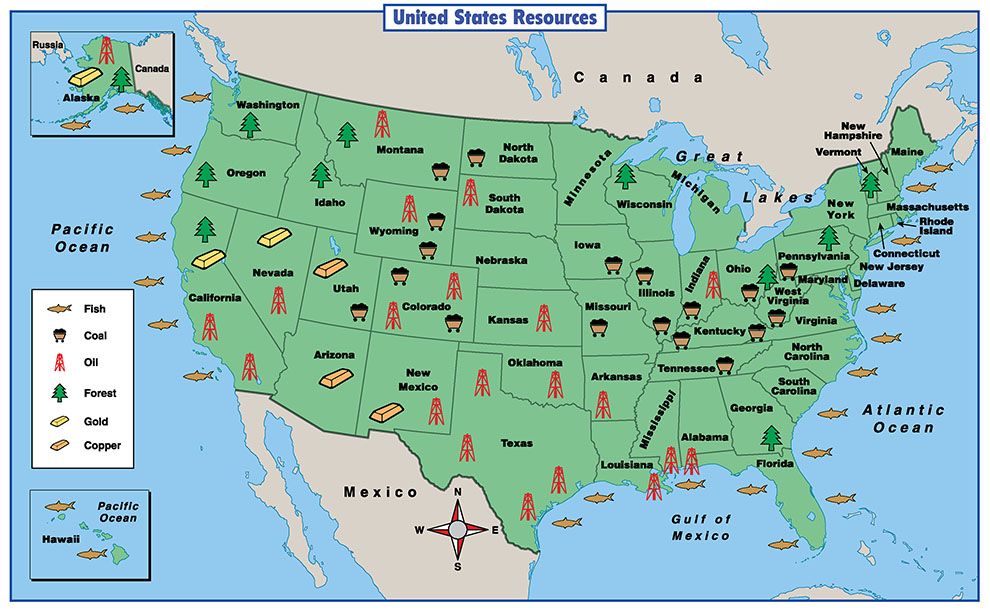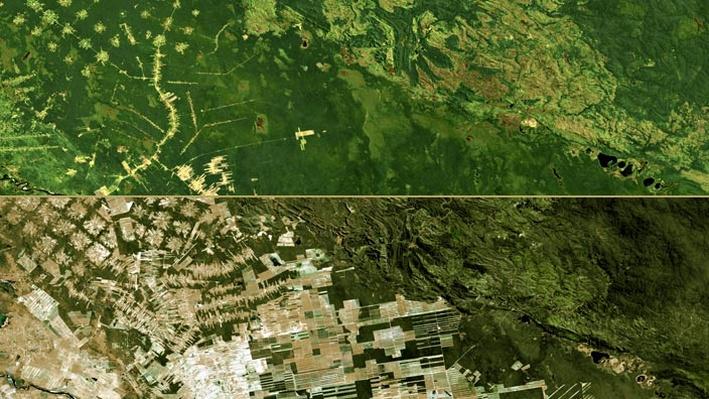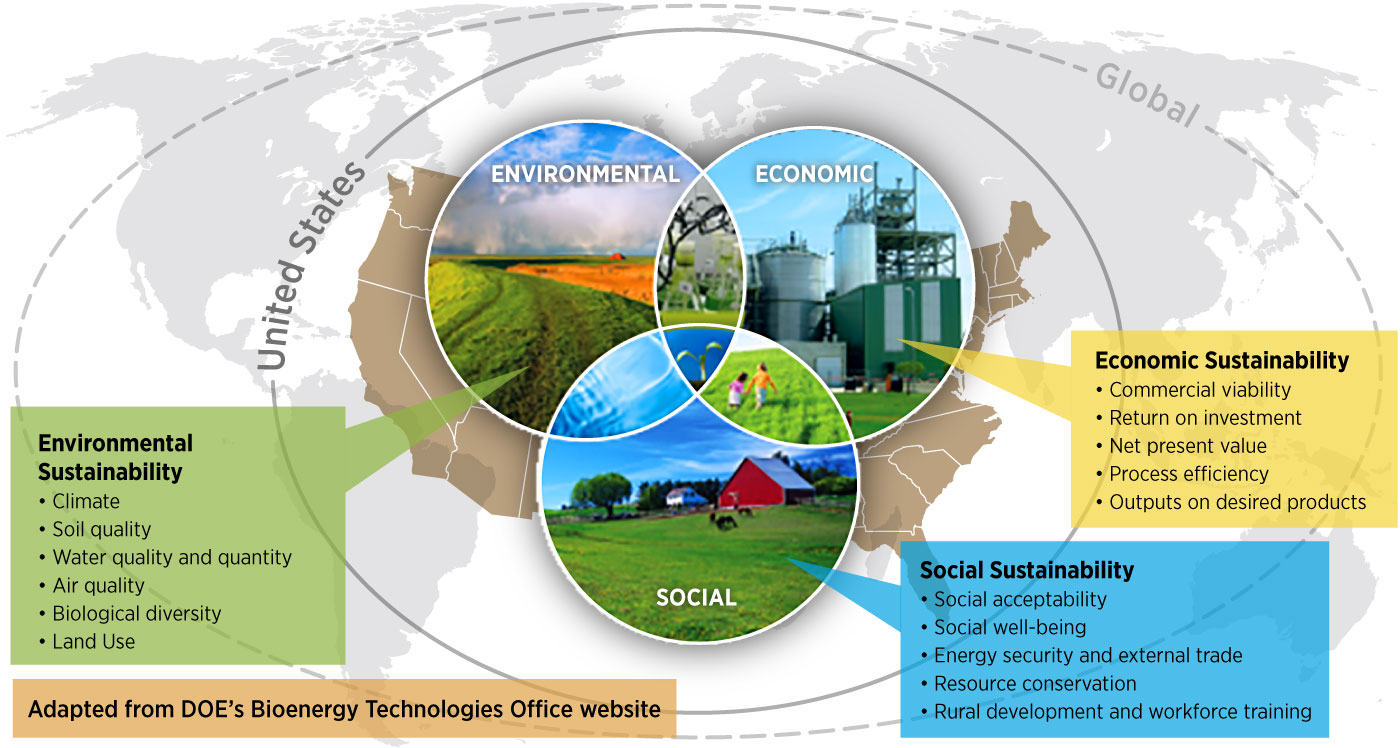Between seminars and courses at FES and throughout Yale, the environmental and natural resource economics community is a vibrant place to study and do research. Indeed, researchers at Yale FES often publish in the top journals in economics and environmental economics. Now in its fourth edition, this book is a comprehensive and contemporary analysis of the major areas of natural resource and environmental economics. This text introduces students to the expanding field of ecological economics. It balances coverage of standard environmental economics topics with a global perspective on current ecological issues such as population growth, global climate change, green national income accounting, and the relationship between trade and the environment. Natural resource economics is a branch of economics that is concerned about the supply, demand, and allocation of the Earths natural resources, whether they be nonrenewable resources (minerals, petroleum), renewable resources (forests, fish), or other more. Environmental Economics provides you with the analytical tools needed to understand why many of the Earths natural resources are under threat, and what can be done to address these threats. The natural resource and environmental economics degree program combines indepth study of the natural sciences with economics, law, and other social sciences. The program provides students with training in the analysis of the benefits and costs of using natural resources and the environment for a variety of purposes including recreation. Natural Resource and Environmental Economics Fourth Edition Roger Perman Yue Ma Michael Common David Maddison James McGilvray Addison Wesley is an imprint of Environmental and Natural Resource Economics is the bestselling text for natural resource economics and environmental economics courses, offering a policyoriented approach and introducing economic theory and empirical work from the field. Agricultural Resource Economics Ph. AREs doctoral program produces outstanding researchers in economics and policy, specializing in problems of agriculture, agribusiness, applied econometrics, biotechintellectual properties, energy, environment and resources, international development, and international trade. Water, Natural Resource Environmental Economics Natural resources and the environment are fundamental to local economies and lifestyles throughout the West. Increasing demands and diverse perspectives make natural resource management more challenging than ever. The Environmental Economics and Natural Resources group (ENR) analyses the relationship between human activities, economic development and environmental problems. We focus on the economic analysis of national and international environmental and natural resources problems such as global warming, loss of biodiversity, pollution, exhaustion of natural resources, deforestation, water scarcity. The Environmental Policy and Energy Economics Path of the master is providing students with the analytical skills to assess, analyse and recommend economic policies and strategies to tackle environmental issues and manage natural resources. Now in its fourth edition, Natural Resources and Environmental Economics, provides comprehensive and contemporary analysis of the major areas of natural resource and environmental economics. All chapters have been fully updated in light of new developments and changes in the subject, and provide a balance of theory, applications and examples to give a rigorous grounding in the economic. 116 of over 2, 000 results for environmental and natural resource economics Environmental and Natural Resource Economics (The Pearson Series in Economics) Feb 9, 2014. by Tom Tietenberg and Lynne Lewis. FREE Shipping on eligible orders. Environmental and Natural Resources Economics is a common economics course offered by many business schools. natural resource and environmental economics. For those who plan to major in this eld, it may be a good idea to purchase both of them. van Kooten and Bulte (2000) is a good graduate Todays Class Natural Resource Economics Agenda 1. One Question: Are we running out of oil 2. Taxonomy of natural resources 3. Models of natural resource extraction 1. Basically all one model, with variations on a theme. Environmental economics was a major influence on the theories of natural capitalism and environmental finance, which could be said to be two subbranches of environmental economics concerned with resource conservation in production, and the value of biodiversity to humans, respectively. Environmental and natural resource economists deal every day with the most challenging problems facing mankind: global climatic change, environmental pollution, deforestation, biodiversity loss, water scarcity and food poverty, to name but a few. Natural resource economics involves the study of the supply, demand and distribution of natural resources and the economic impact of natural resource allocation. The Environmental and Natural Resource Economics M. degree offered at Durham University, consists of a set of core and elective modules, culminating in a practice based business project or a researchbased dissertation. To download the resources for this title, rightclick on the file names above and save them to your hard disk. For further support, refer to the links in the lefthand menu. Environmental Resource Economics Programs. Natural resources are important to produce food, fiber, timber, and bioenergy. Farm and forestlands provide carbon sequestration, clean air and water, scenic vistas, and biodiversity. Natural resource economics is a transdisciplinary field of academic research within economics that aims to address the connections and interdependence between human economies and natural ecosystems. Its focus is how to operate an economy within the ecological constraints of earth's natural resources. [3 The Major in Environmental and Natural Resource Economics prepares students to apply economic tools to evaluate the allocation and utilization of natural resources and. Natural Resource and Environmental Economics Third Edition Roger Perman Yue Ma James McGilvray Michael Common PEARSON Addison Wesley Harlow, England London New York Boston San Francisco Toronto The Department's program in Environmental and Natural Resource Economics (ENRE) comprises a diverse group of faculty that work on a broad variety of research topics at the forefront of the national and global policy agenda. The Journal of Environmental Economics and Management publishes theoretical and empirical papers devoted to specific natural resource and environmental issues. To warrant publication in JEEM papers should address new empirical findings that are of interest to a broader audience, theoretical analyses The primary concern of Environmental Resource Economics is the application of economic theory and methods to environmental issues and problems that require detailed analysis in order to improve management strategies. Environmental and resource economists are employed in a wide range of fields from education and research to business and government. Profit and nonprofit organizations employ economists in overseas and community development, international relations, and. resource economics, which covers subjects in land and water use, such as mining, fisheries, agriculture, and forests environmental economics, which takes a broader view of natural resources through economic concepts such as risk, valuation, regulation, and distribution Natural Resource and Environmental Economics Roger Perman Yue Ma James McGilvray Michael Common 3rd edition Natural Resource and Environmental Economics Natural Resource and Environmental Economics Roger Perman Yue Ma James McGilvray Michael Common 3rd edition Natural Resource and Environmental Economics A collection of scholarly accounts and articles written by recognized experts in environmental economics, this book is the first of its kind and as a valuable reference and textual source for graduate students and active researchers. It draws together the pedagogical discussion of the key tools used. Environmental and Natural Resource Economics is the bestselling text for natural resource economics and environmental economics courses, offering a policyoriented approach and introducing economic theory and empirical work from the field. environmental and natural resource economics: a contemporary approach by jonathan m. harris and brian roach contents part one introduction: the economy and the environment Natural Resource and Environmental Economics Research Department of Agricultural and Resource Economics. Many faculty and students in Department of Agricultural and Resource Economics are engaged in cuttingedge research in the fields of environmental and natural resource economics, with an emphasis on nonmarket valuation, water economics, natural resource economics and policy. The environmental and natural resource economics major focuses on the application of economic principles to the efficient allocation of natural resources such as minerals, oil and natural gas, the management of public lands and pollution of public goods such as air and water. Natural Resource and Environmental Economics is among the leading textbooks in its field. Well written and rigorous in its approach, this third edition follows in the vein of previous editions and continues to provide a comprehensive and clear account of the application of. The Department of Environmental and Natural Resource Economics and the College of Business Administration offer a double major in environmental economics and general business. This program is designed for those interested in corporate sustainability, energy efficiency, nonprofit management, green marketing, renewable energy, global. With a natural resource and environmental economics degree you can help find those answers. You'll be able to analyze the use of natural resources and environmental amenities for recreation, agriculture, wildlife habitat, industry, logging, and mining. he roots of natural resource and environmental economics can be traced to concerns about the capacity of natural and environrnenhl resources to sustain economic growth and to the value of conserving natural and environmental resources. Now in its fourth edition, this book is a comprehensive and contemporary analysis of the major areas of natural resource and environmental economics. Natural resource and environmental economics provides a means to assist us in understanding the causes of environmental problems and developing solutions consistent with society's economic and environmental objectives. The Environmental and Natural Resource Economics Environmental and Natural Resource Economics programme from the University of Birmingham University of Birmingham is unique in that it combines a solid foundation in key areas of economics, with specialized field courses. Now in its fourth edition, Natural Resources and Environmental Economics, provides comprehensive and contemporary analysis of the major areas of natural resource and environmental economics. All chapters have been fully updated in light of new developments and changes in the subject, and provide a balance of theory, applications and examples to give a rigorous grounding in the economic. Jason Shogren is the Stroock Professor of Natural Resource Conservation and Management and Chair of the Department of Economics and Finance at the University of Wyoming, his alma mater. He works on the economics of environmental and natural resource policy. Ecological economics approaches economics from a perspective that places the economy as a subset of the environment. Environmental economics tends to look at marketbased natural resource use, management, and the impacts of environmental policy on the market with a notion that economic growth can continue beyond the confines of the physical. Resource and Energy Economics publishes theoretical and empirical papers, firmly grounded in economic theory, that advance our understanding of and provide novel insights into environmental and natural resource problems and policies broadly defined, as well as analyses of.











